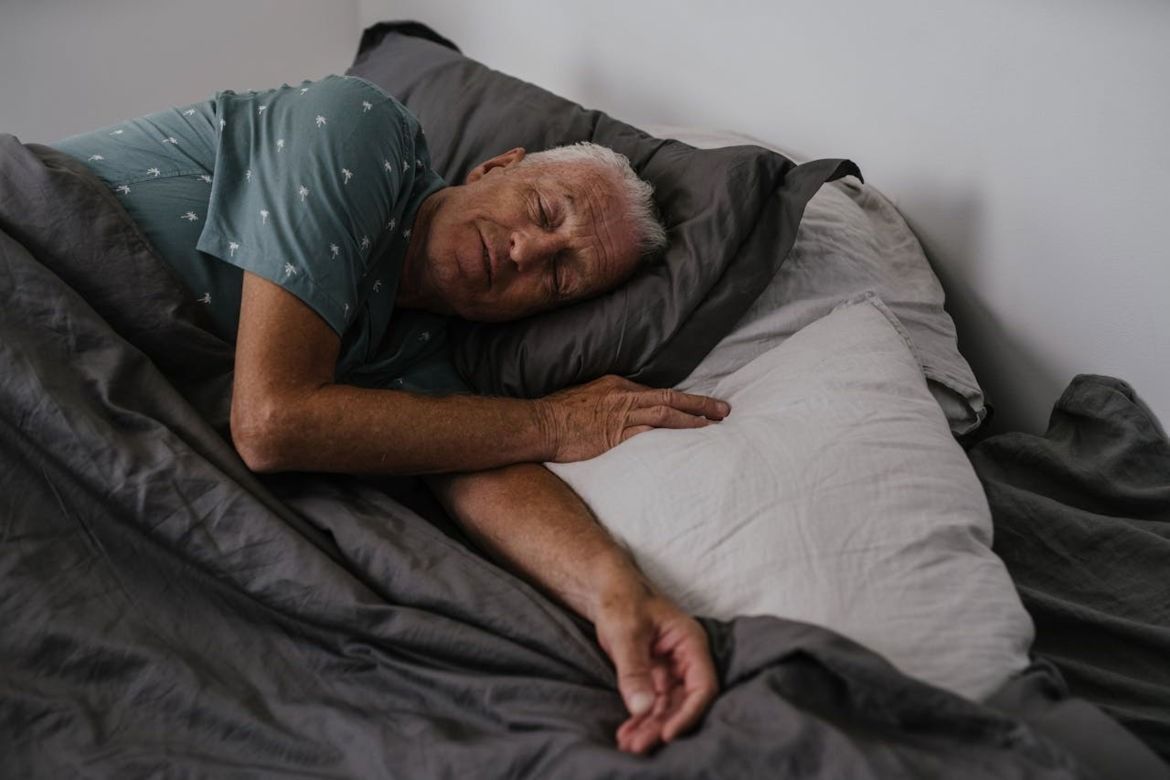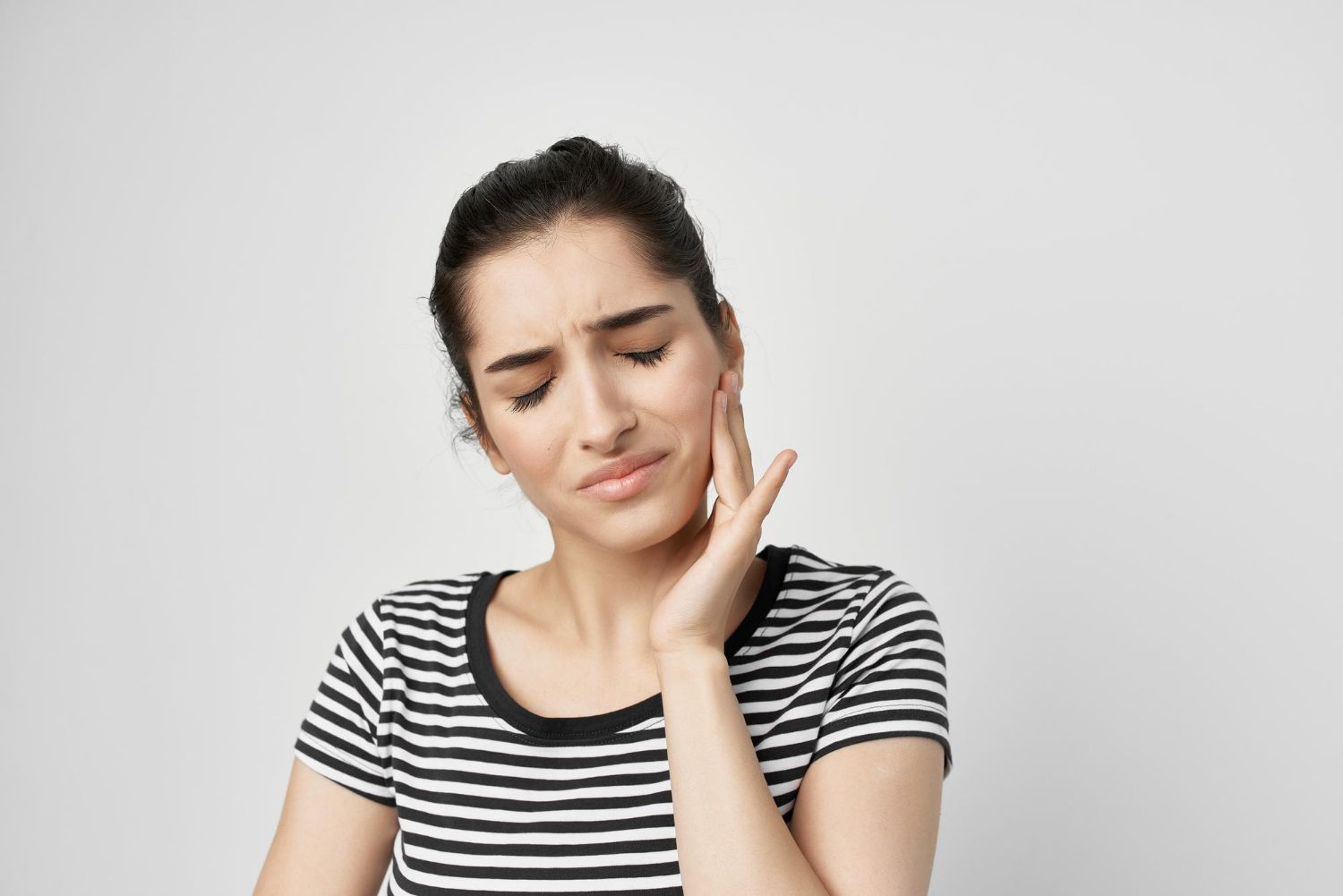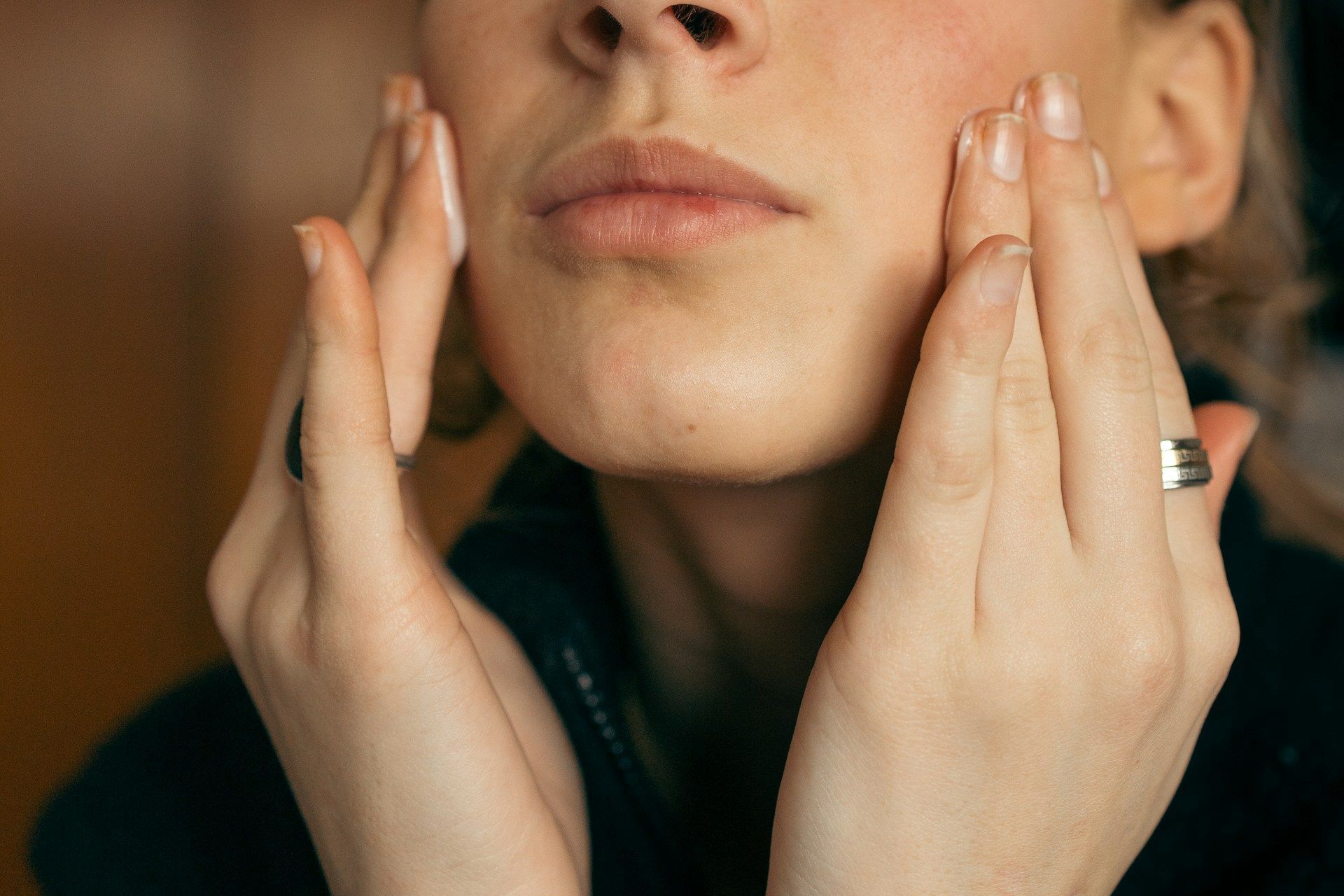Understanding the Causes of Sleep Apnea: Insights from Dr. Cameron Kuehne

Have you ever wondered what sleep apnea really is and what causes it? At The Center for Sleep Apnea and TMJ, we view education as a critical component of our approach to treatment. Under the guidance of Dr. Cameron Kuehne, we are driven to not only treat but also inform our patients about the essential aspects of sleep-related disorders. Sleep apnea is a condition that doesn't just disrupt sleep but also impacts overall health, and it's vital to understand its underlying causes to effectively address it.
Dr. Cameron Kuehne emphasizes that recognizing the causes of sleep apnea is the first step toward effective management. Over the years, we have identified various factors that contribute to sleep apnea, ranging from anatomical issues to lifestyle influences. Understanding these factors can significantly alter the course of treatment and improve outcomes. At our center, located right here in Meridian, we tailor our therapeutic approaches to fit the unique needs of each patient. We believe in a comprehensive strategy that goes beyond treating symptoms, aiming to resolve the root causes of sleep apnea to offer lasting solutions.
In this article, we’ll discuss not only the well-known causes of sleep apnea but also highlight some often-overlooked factors. These include lifestyle and environmental influences that might be playing a role. Stay tuned as we delve deeper into these topics, backed by the expertise of Dr. Cameron Kuehne and our dedicated team at The Center for Sleep Apnea and TMJ.
What is Sleep Apnea? An Explanation by Dr. Cameron Kuehne
Sleep apnea, as explained by our expert Dr. Cameron Kuehne, is a sleep disorder where breathing repeatedly stops and starts during sleep. This condition can lead to significant health issues if not addressed properly. In its most common form, known as obstructive sleep apnea (OSA), the airway is partially or completely blocked during sleep. This blockage happens because the muscles in the back of the throat fail to keep the airway open, despite efforts to breathe.
According to Dr. Kuehne, understanding these disruptions is crucial for effective treatment. It’s also important for us to recognize that the severity of sleep apnea can vary widely among individuals. Some might experience only a few breathing pauses per night, while others may have them more frequently. The impact on one's daily life can be profound, affecting everything from energy levels and mood to overall health. By delving into how these disruptions occur, we better tailor our treatments to meet the specific needs of our patients in Meridian.
Common Causes of Sleep Apnea Identified by Our Experts
In Dr. Kuehne’s extensive experience, several factors contribute to the development of sleep apnea, with some being more common than others. Firstly, anatomical characteristics such as a narrow airway, enlarged tonsils, or adenoids frequently play significant roles. These physical traits can be inherent, making certain individuals more predisposed to developing this condition.
Secondly, obesity is a major contributor to sleep apnea. Excess body weight, especially around the neck, puts pressure on the airway, which can lead to obstruction during sleep. Addressing obesity through lifestyle changes and medical interventions often proves to be an effective strategy for reducing symptoms of sleep apnea. At The Center for Sleep Apnea and TMJ, understanding these common causes not only enhances our diagnostic accuracy but also improves the effectiveness of our personalized treatment plans, ensuring that each patient receives the appropriate care for their specific situation.
Lifestyle and Environmental Factors Contributing to Sleep Apnea
Dr. Cameron Kuehne and our team at The Center for Sleep Apnea and TMJ have identified several lifestyle and environmental factors that can increase the risk of developing sleep apnea. Lifestyle choices such as smoking and excessive alcohol use can significantly worsen the condition. Smoking contributes to inflammation and fluid retention in the airway, which can exacerbate airway obstruction during sleep. Similarly, alcohol relaxes the throat muscles that control breathing, increasing the likelihood of airway collapse while sleeping.
Moreover, environmental factors also play an important role. For instance, allergens in the sleeping environment, such as dust mites, pet dander, and pollen, can lead to nasal congestion and airway inflammation, making it more difficult to breathe during sleep. We encourage our patients to maintain a clean, allergen-free environment and consider lifestyle adjustments as part of a comprehensive approach to managing their sleep apnea.
How Our Team at The Center For Sleep Apnea and TMJ Addresses These Causes
At our center, addressing the root causes of sleep apnea involves a multidisciplinary strategy tailored to the individual needs of each patient. Dr. Cameron Kuehne leads a team of specialized professionals who assess various contributing factors—from anatomical to lifestyle and environmental—to develop effective, personalized treatment plans. We often recommend changes such as weight management for those affected by obesity-related sleep apnea or suggest quitting smoking and reducing alcohol consumption for better airway function.
Moreover, we offer specialized treatments that address anatomical causes without relying on invasive procedures or equipment like CPAP machines. These include dental devices customized to maintain open airways during sleep for patients with mild to moderate obstructive sleep apnea. By focusing on a comprehensive, holistic approach to treatment, we empower our patients with the knowledge and tools needed for a significant improvement in their sleep quality and overall health.
Conclusion
Ensuring that each person who walks through our doors receives the utmost care and sophisticated treatment options is what drives us every day. As we continue to explore and integrate new advancements in sleep medicine, our commitment to health and wellness remains steadfast. If you or someone you know is grappling with symptoms of sleep apnea, don’t hesitate to contact our
Meridian sleep apnea clinic, The Center For Sleep Apnea and TMJ. Our expert team is here to provide you with the support, care, and treatment you deserve to achieve a better night's sleep and improved health.










